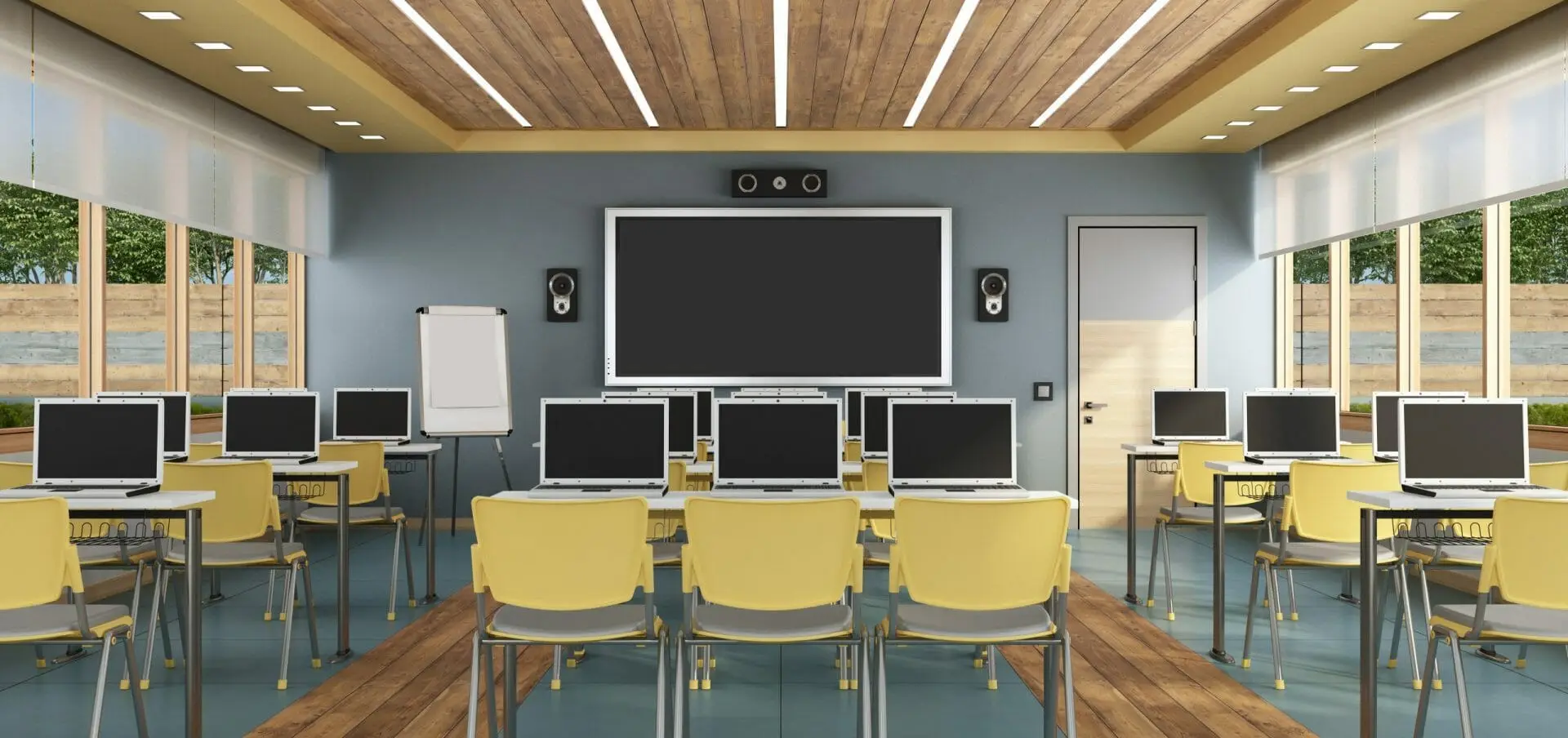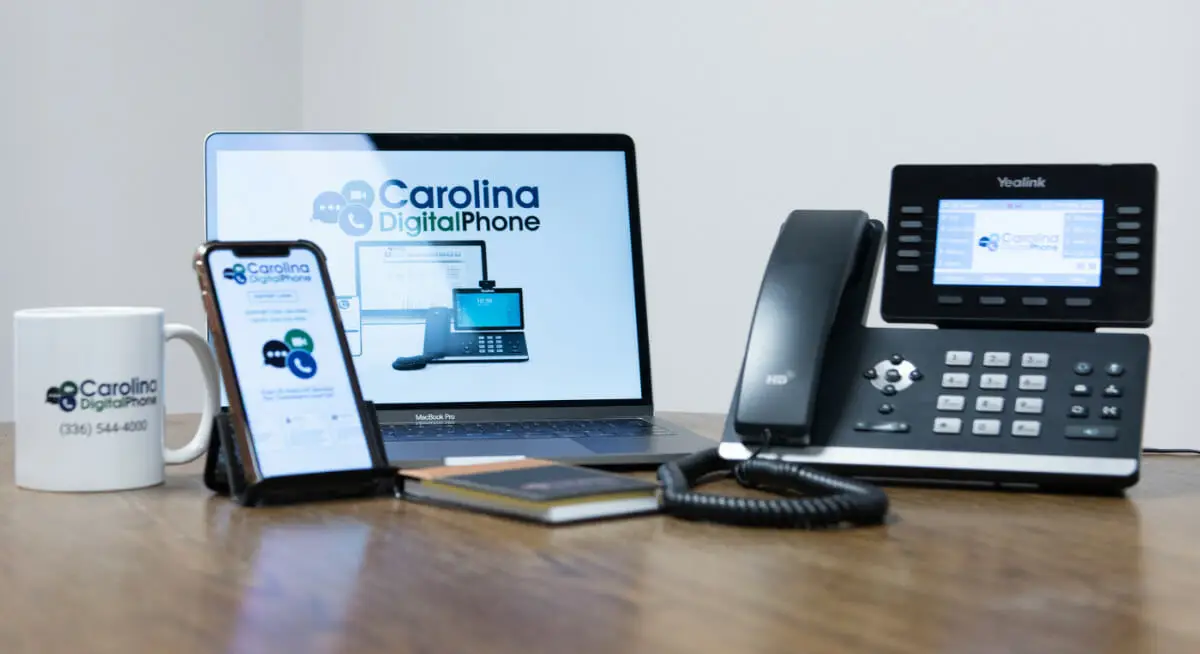IP Paging & VoIP: A Quick Guide to IP Paging Systems
This comprehensive guide explains how modern IP paging solutions can enhance communication, streamline operations, and improve safety in various environments. We will delve into the functionality, benefits, and practical applications of IP paging, illustrating how it surpasses traditional analog paging systems in terms of flexibility, scalability, and integration capabilities....











